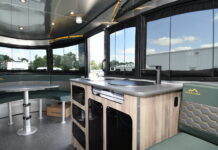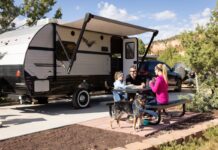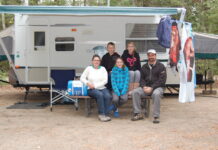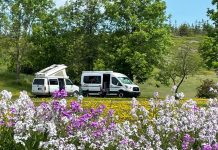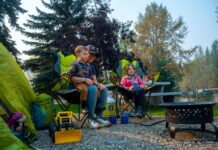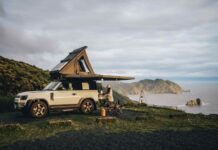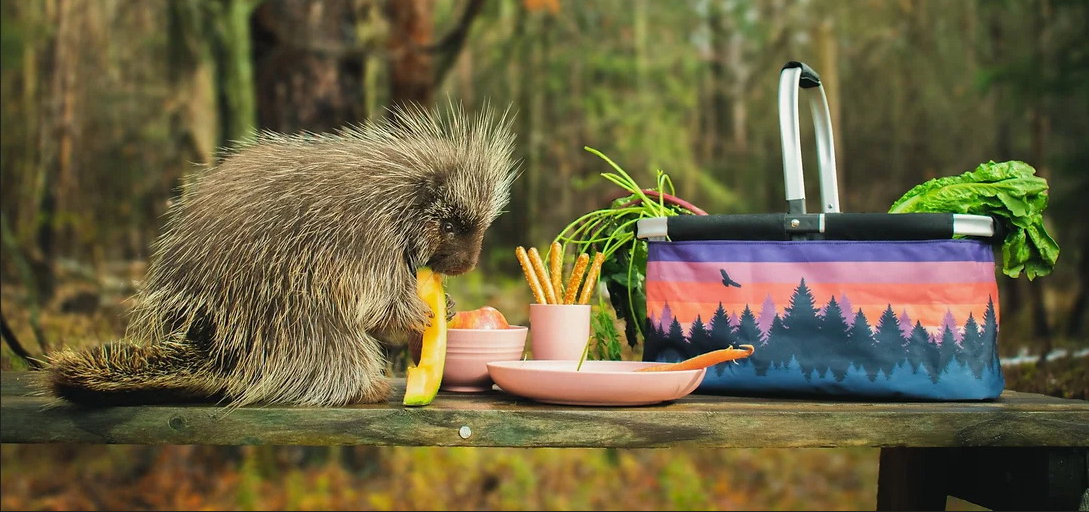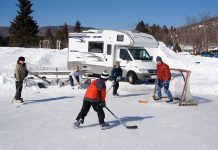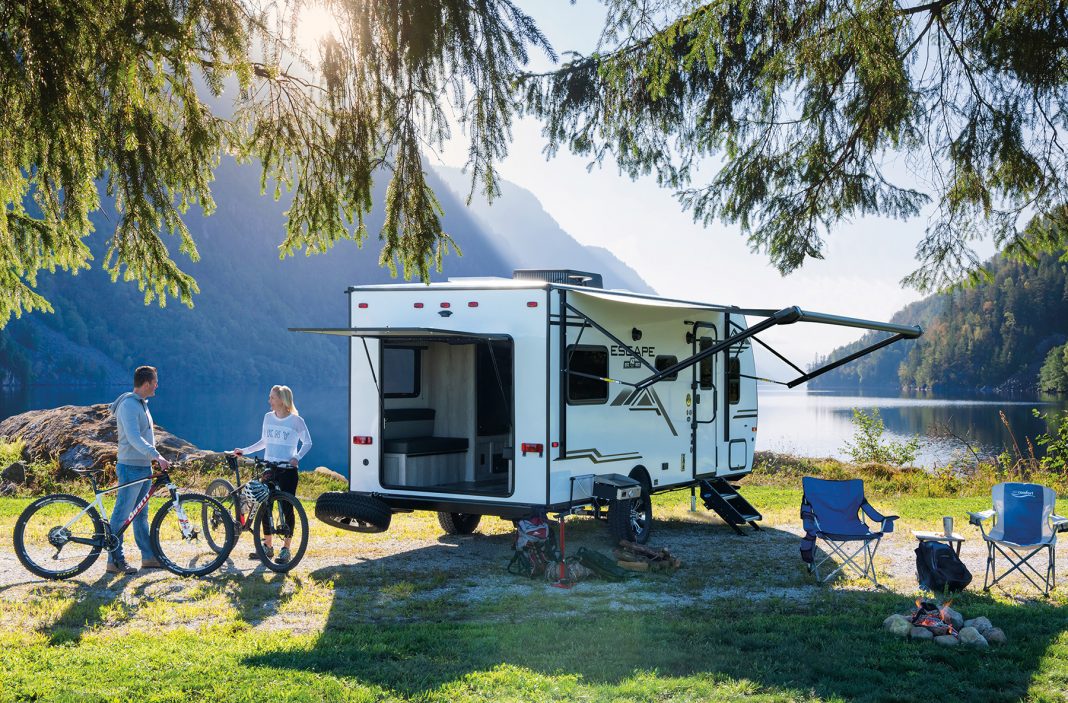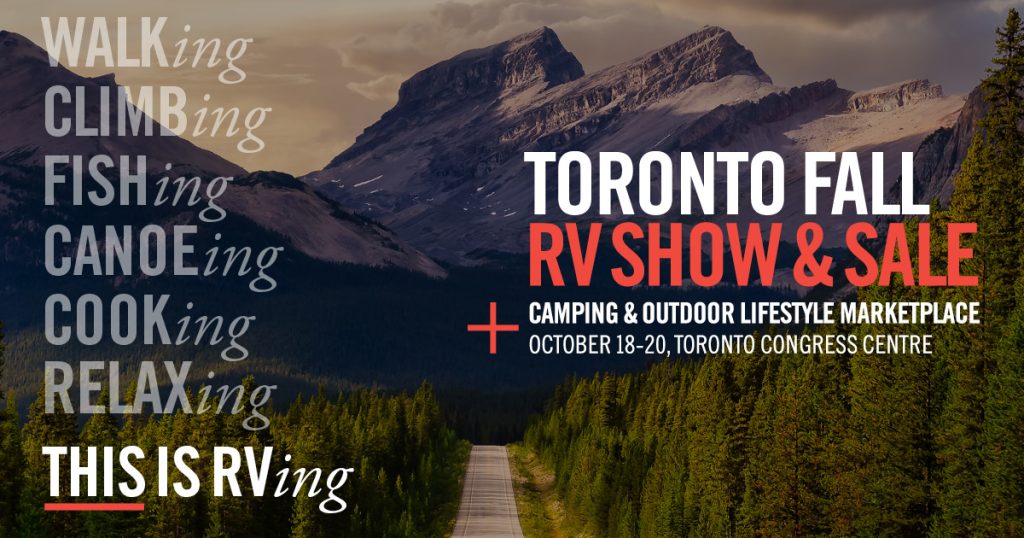The best way to stay “out of the woods” is to stay IN the woods!
It would be an understatement to say that the Covid-19 pandemic caught the world off-guard and altered the lifestyle of billions of people. This biological attack on humanity, whether man-made or a nasty trick of nature, brought the economy of the world to a standstill and robbed a generation of their innocence.
For the first time in 100 years, we had to face an invisible threat that killed millions and had the potential to be an extinction level event.
While the losses to humanity have been tragic, and the threat remains even though the vaccinations appear to have brought the imminent danger under control, the psychological impact of the pandemic could reverberate through our social activities for years to come.
How long will it take for us to relax in a crowd, without the sense of security afforded by our face masks? How long before we can comfortably board an aircraft, or a cruise ship, without wondering whether our fellow passengers are asymptomatic carriers of another lethal variant?
Medical experts and biologists warn that we could be dealing with Covid-19 for years to come…
The only way to stay “out of the woods” is to stay IN the woods.
Camping, and RV camping in particular, has provided the modern family with the only vacation alternative that we can fully control. Our transportation and lodging are entirely under our control. We can choose to travel with family members and friends who are in our “bubble”, and we can socially distance from everyone else, as the situation requires.
What changes can we expect as the nation emerges from the pandemic era into a period that many will learn to refer to as “the new normal”?
From a travel perspective, we may assume that once a significant percentage of the population has been fully vaccinated, we will achieve the elusive “herd immunity” that will prevent another wave of hospitalizations. The virus will still be there, but it will not affect vaccinated individuals as seriously as it did in the first, second, or third “waves”. Covid-19, and the alpha variables that emerge as the virus mutates, will affect us just as the seasonal influenza outbreaks have done throughout our lifetime. There will probably be a periodic booster shot, and it will probably have a range of effectiveness, just like the annual flu shot has had for decades.
Where does this leave us in the post-pandemic era?
As millions of North American families turn to camping as the safest family vacation alternative, we will continue to see demand for camping accommodations rise far beyond the availability of RVs, campsites, and supplies. Prices will probably go up as demand surges, and the days of spending a week nestled in an essentially uninhabited space in one of the National, Provincial, or State Parks will morph into a more crowded camping environment… it is inevitable, and this will probably be the “new normal” until people are once again fully comfortable with the more traditional modes of travel and accommodations.
How long can we expect this psychological aversion to mass transit to continue? Experts we have consulted suggest that the trend to camping as a safe family vacation alternative will persist for at least three to five years, and perhaps significantly longer. The psychologists compare the effect of the Covid-19 pandemic to the effect of the Great Depression, which spawned a generation of people who were extremely careful with their financial resources… the cause and risk of the 1917 influenza pandemic were not well understood by the scientists of that era, but the world population was traumatized for years, and the attitudes toward hygiene and health safety standards became a far more important aspect of daily life. What is the best guess as to how long we will bear the post-pandemic psychological effects? If there is no “fourth wave”, and we seem to be safe enough by Christmas 2021, my guess is that the surge in camping and RV travel will persist for three to five years. If there is another major variant that plunges the world into a lockdown, the impact could last for a generation, perhaps longer.
Will we ever be fully free from the spectre of a worldwide pandemic? Probably not, but we are all far more aware of the need to maintain a clean living and working environment, better attention to sanitizing our hands and surfaces that could harbour viruses, and the need to keep a reasonable distance from any source of potential infection.
10 Tips for Safe RVing in the Post-Pandemic Era
- Plan your trips well in advance, as campsites will be in great demand even beyond the usual camping season.
- Pack your RV with the supplies and provisions you will need before you depart – staple items may not be available at your destination, or they may be premium priced.
- Make sure that you and your family are covered by out of Province health insurance.
- Add the full range of personal hygiene and disinfecting products to your RV supplies.
- Check with your doctor to be sure that you carry the recommended first aid and medical supplies to deal with a low-level flu infection. Most doctors suggest that the medications for cold and fever will be helpful.
- With interactive activities likely to be restricted, pack the gear that your family will need to enjoy individual activities at the campground.
- Assume that you may have to isolate away from home and add supplies that will let you extend your stay.
- Add the first aid treatments for insect bites, poison ivy, sunburn, indigestion, and other common ailments – you may not have easy access to these products along your route, or at your destination.
- With a greater than normal number of RVs on the road, you may face delays if your rig requires service – check with your RV dealer to see what preferred customer service plans are available.
- Your RV is the key to declaring your vacation independence – have your dealer do a pre-trip checkup to be sure that you will enjoy a trouble-free adventure!







